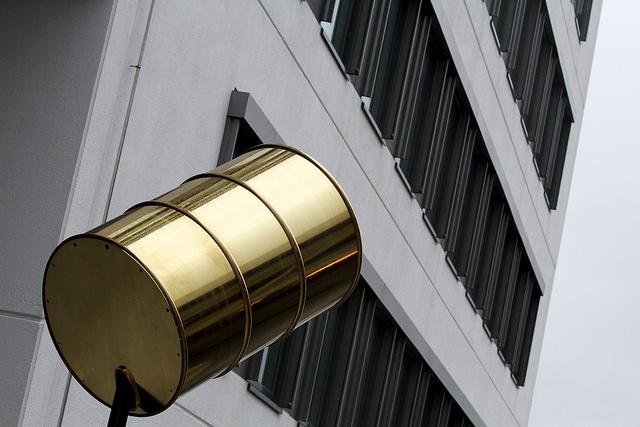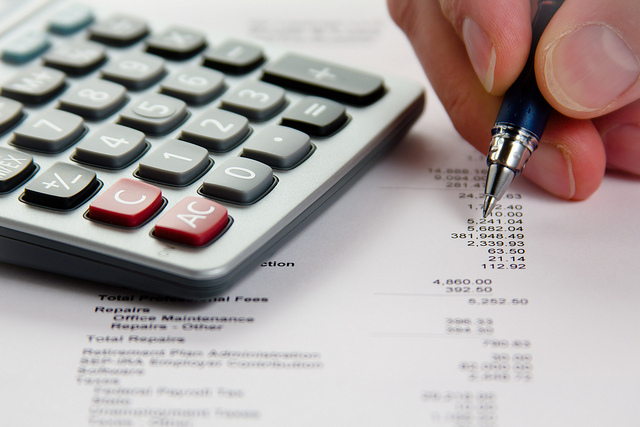
Oil is only now starting to rebound in price after falling to recent record lows in the past few months. The upside has been lower gas prices than we have seen in a while. While that is great for consumers, is it really good for the economy as whole? Before we go out and start celebrating the great job the Obama administration has done lowering gas prices (oh wait, they were against drilling and fracking), let’s take a look at the economy as a whole and see if low oil is really as good as we think it is.
Low Oil Prices and Jobs
Having a full gas tank is great — unless you don’t have a job to drive to with that gasoline. The oil and gas boom in the United States is backed by shale oil. The financial reality is that in order for shale oil to be profitable, oil prices need to remain at a certain level. When oil prices fall, the reasons we started shale drilling in the first place fall away.
What does it mean when oil drilling companies can’t be profitable? Layoffs and a reduction in extraction. CNN Money has a great article detailing just were the impacts might hit. That means communities like those found in North Dakota, boom-towns founded on shale drilling and production, quickly fold and die. Employees who were working jobs that were paying $30 per hour are now unemployed — just what the country needs in the middle of a recovery so weak it is barely noticeable.
Services and Capital Equipment Sales
The threats of unemployment stretch further than the folks working on the oil fields however. With a boom in drilling comes a boom in the ordering of capital equipment to support that drilling. That means orders for rigs, trucks, tools and other supporting equipment like fracking fluids and sand. As that industry was just ramping up its production the market has fallen out from underneath them. This means layoffs in all of the supporting industries as well as the oil industry further increasing unemployment in a weak economy.
Impact on the Financial Markets

While unemployment rises, there may be an even more dire threat looming on the horizon: junk bonds. We don’t have to look too far into the past to see what happens when people who have borrowed money to make a large purchase all start becoming unable to make good on their payments all at once. The housing bubble collapsed due to the fact that people were taking out loans they couldn’t repay. This might be happening in the oil industry.
Oil producers have taken out bonds in order to raise capital to drill. As profits decline, production is reduced and drilling stops, many producers will be unable to make good on their bond payments, forcing them into default. As you can see in more detail here, investors are starting to worry about getting a return on their money and are slowing their investments. This sell at all costs attitude can have effects elsewhere as well.
The Stock Market
Wall Street is an interconnected system. When confidence in bonds falls, the effects are felt in the stock market. Investors become wary and start hanging onto their money or investing in what they perceive as “safe” investments. The last time oil fell so sharply, it sent the economy into a tailspin, one that we are still trying to recover from.
So while consumers go on and on about how great the low gas prices are, keep your eye on everything else that is being affected. These low oil prices could have a dire impact on the economy as a whole. Period.